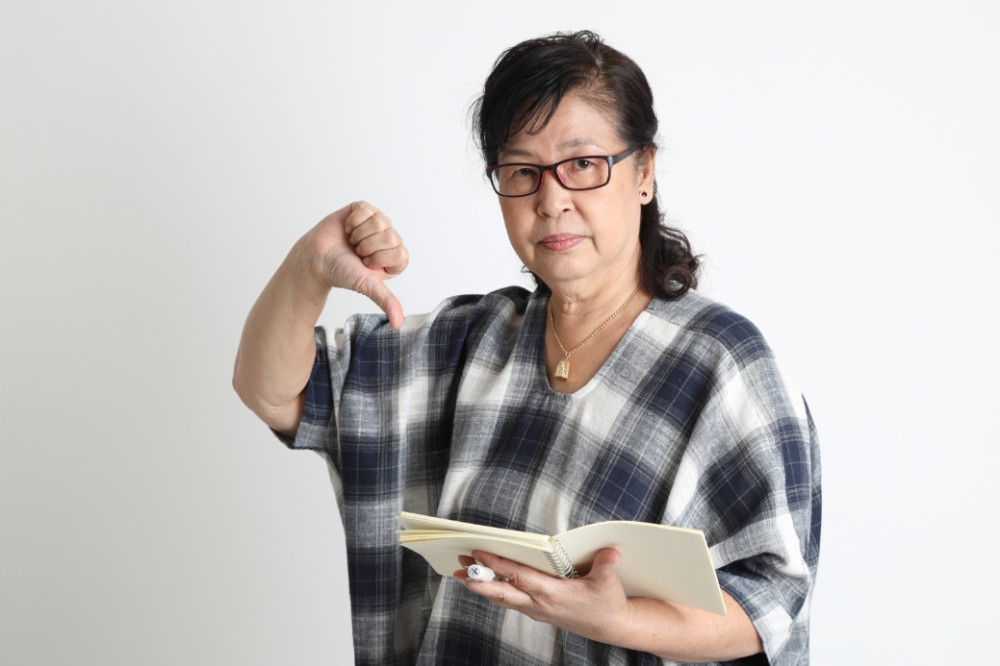
Lyrical Losers

Chances are you had to study Robert Frost’s “The Road Not Taken” in school to examine why it’s a great poem. It’s just as likely you’ve never read William McGonagall’s “Tay Bridge Disaster,” widely considered the worst poem ever written in English.
“When we think about poetry, we tend to focus on the greats,” said Thomas Mazanec, an assistant professor in UC Santa Barbara’s Department of East Asian Languages and Cultural Studies. “Readers want to read the best. Teachers want to teach the most pleasurable or interesting poems. Scholars want to explain what makes good poems work, why they affect us so deeply.”
But Mazanec, who studies premodern Chinese literature and religion, notes that most poetry through history wasn’t great. The best poems, he said, are good because they break new ground. Shakespeare is great, for example, because he transcended his own era. Mediocre or bad poets, by contrast, are often better representatives of their moment in history, he said, and there’s a robust tradition of studying bad poetry in English.
“But I have not seen similar efforts dedicated to badness in the Chinese literary tradition, in any language,” he said. “Certainly, people have had their opinions, and judging poetry is probably as old as poetry itself. But, as far I’m aware, there are no anthologies dedicated to collecting and explaining ‘bad poetry.’ ”
That’s about to change. Mazanec and colleagues Xiaorong Li and Hangping Xu have organized “The Worst Chinese Poetry: A Virtual Roundtable,” to be held over Zoom Tuesday and Wednesday, June 1 and 2, from 5 to 7 p.m. The event is free and open to the public.
The event follows on “The Worst Chinese Poetry: A Virtual Workshop,” held in April, in which scholars presented papers that examined bad poetry in the hope of offering a literary history as seen through failure. Phase two, in turn, will feature themed roundtable discussions and reflections on April’s workshop.
Mazanec expects the roundtable to produce an anthology, “The Worst Chinese Poetry: A Critical Anthology,” which will feature selected bad poems and commentary that explains the issues that the poems raise about literary, social and political history, he said.
If it seems the subject matter is a little judgmental, Mazanec is adamant that’s not the case.
“I want to be clear that we’re not the ones calling this poetry ‘bad,’ ” he said. “It would not be very interesting if we were just subjecting our audience to our opinions. As scholars, we are reporting on poetry that people have historically considered to be bad. And this is a much more interesting question! We hope to have serious discussions about outrageous poems.”
What’s more, he said, bad poetry is a necessary byproduct of good poetry.
“By calling something ‘good,’ you are drawing a line, saying some things are good, some are bad,” Mazanec said. “That line was drawn differently in different times and different places. There are all sorts of considerations that go into drawing that line: aesthetic, moral, social and political standards that change with time. By investigating these standards, we can learn a lot about Chinese literary history.
“My hope is that this conference and this volume won’t be seen as a stunt,” he added, “but will inspire others to think more about the bad. Which of the types of badness we examine are specific to the Chinese literary tradition, and which are shared across many cultures? I would love to see similar volumes on bad poetry in other languages.”



